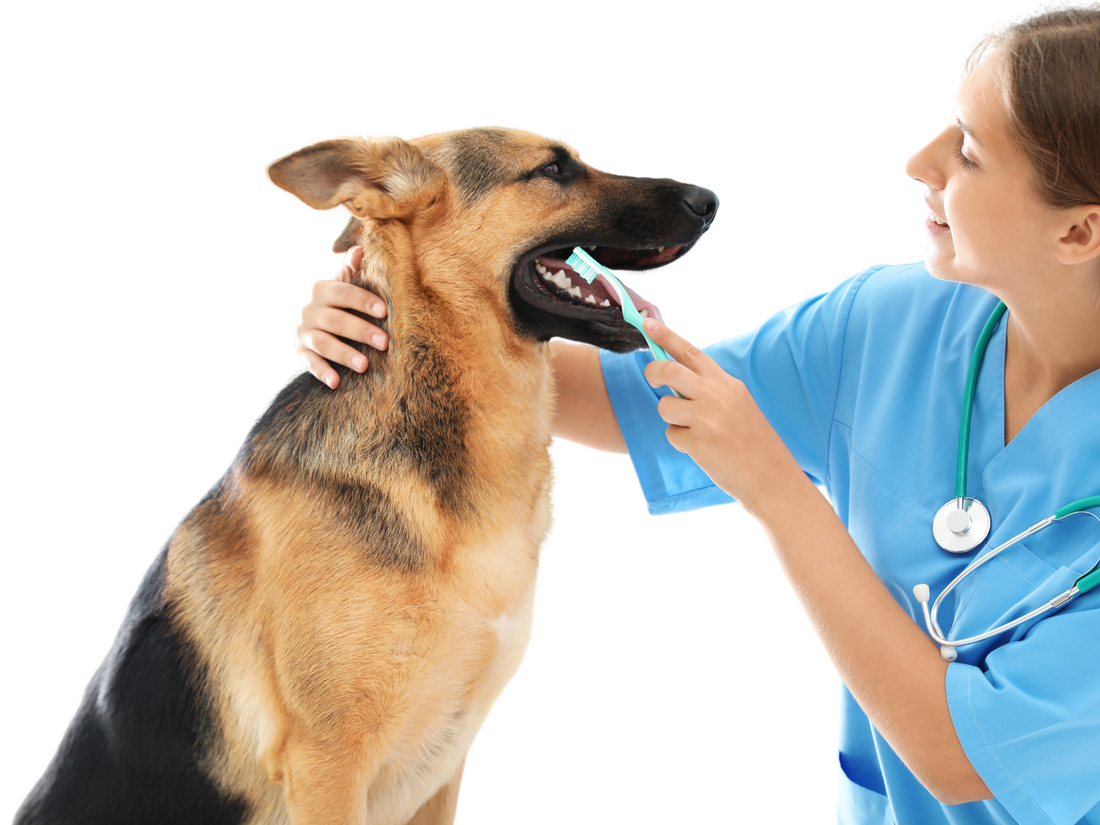
How To Care for Your Dogs Teeth After You Adopt Them
Share
Maintaining good dental hygiene is crucial for a dog's overall health and well-being. Poor dental care can lead to various issues, including gum disease, tooth loss, and even systemic health problems. A comprehensive dental care routine for dogs involves regular brushing, appropriate chew toys, dental-friendly diets, and professional cleanings.
The cornerstone of canine dental care is regular brushing. Ideally, a dog's teeth should be brushed daily, or at least several times a week. Use a toothbrush and toothpaste specifically designed for dogs, as human toothpaste can be harmful if swallowed. Begin by introducing the toothbrush and paste gradually, allowing the dog to become comfortable with the process. Focus on the outer surfaces of the teeth, where plaque tends to accumulate most.
Chew toys and dental treats can complement brushing by helping to remove plaque and tartar. Look for products approved by veterinary dental associations. Rubber toys with ridges or nubs can help clean teeth during play, while certain dental chews are designed to scrape away plaque as the dog gnaws on them. However, it's important to choose appropriate sizes and monitor chewing to prevent choking or tooth damage.
Diet also plays a role in dental health. Some dog foods are formulated to promote dental hygiene, featuring kibble shapes and textures that help clean teeth as the dog eats. Adding crunchy vegetables like carrots to a dog's diet can also help scrape plaque off teeth. Avoid giving dogs human foods that can harm their teeth, such as sugary treats or items that might crack teeth, like bones or extremely hard chews.
Regular professional dental cleanings by a veterinarian are essential for maintaining optimal dental health. These cleanings, typically performed under anesthesia, allow for a thorough examination, deep cleaning, and addressing any dental issues that home care can't manage. The frequency of professional cleanings depends on the individual dog's needs, but annual check-ups are generally recommended.